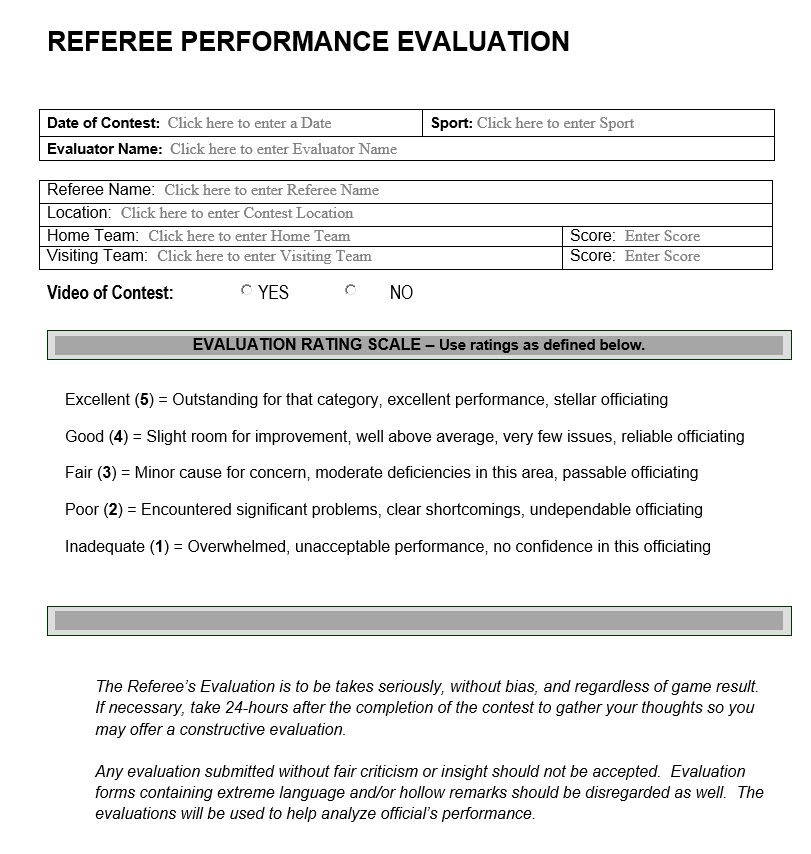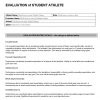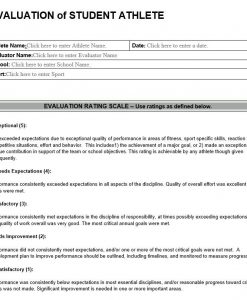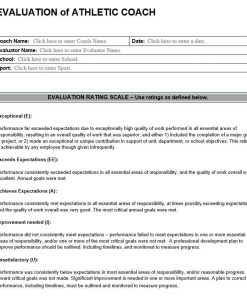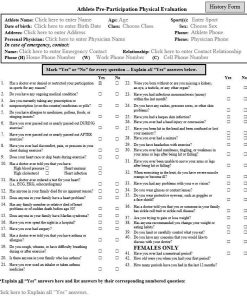Referee Evaluation Form
$10.00
The purpose of the referee evaluation form is to assist the official with improvement. It is beneficial in that it provides an external view from which they can assess their own skills in light of the evaluator’s comments. In order to be effective, it must be constructive and contain detailed written comments. A score alone provides no meaning unless it is backed up with appropriate written comments.
The primary purpose of the referee evaluation form is to help the referee improve as an official. When conducting a formal written evaluation it is important to remember that the evaluator is there to provide unbiased feedback.
Referee Evaluation Form: Best Practices
Generally it is recommended that evaluators do not announce their presence prior to the start of the game so that they may view the official’s performance in the first period without making the officials nervous. After this it may be appropriate to discuss one or two points in the evaluation with the officials during the intermissions if it is deemed necessary, or if things are going well to remain quiet until the end of the game.
At the conclusion of the first period the evaluator may choose to introduce themselves to the referee’s and discuss one or to points concerning the previous period with them; however, it is important to remain positive and to not overload the official with information. Give them one or two things for them to improve on and let them continue their game.
When performing an evaluation it is imperative that the evaluator observe the entire game, and base their evaluation on the referee’s performance throughout that game. Do not start giving scores for the various criteria until after you have observed the majority of the game.
When making notes for the evaluation it is important to take notice of things that were done well and things that need improvement. Note both the good and bad. Begin by observing the pre-game duties performed by the officials and make a note of any deficiencies, and things that were done well.
It is not the place of the evaluator to interfere in the game or with the referee’s officiating within that game, referees assigned to that game must be left to handle the game. If mistakes are made include them in the evaluation and discuss them at the end of a period or at the end of a game, do not interrupt an official during a period.
Continue to make notes on both officials for the remainder of the game, making sure to observe the entire game before assigning scores to the various categories on the form. It is important to pay close attention to the play so that you can spot any missed calls, and or to assess the judgment of the official on calls that were made. Lacrosse is a fast game and must be watched closely.
For new officials special attention should be focused on positioning, communication (including verbal and signals), and rule knowledge/decision making. For more experienced officials a broad approach can be taken with a view to helping the official refine their work on the floor.
At the conclusion of the game, be sure to inform the officials that they will be receiving an evaluation, and then proceed to review your notes and complete the form by filling in appropriate scores and including both “positive” and “constructive” feedback. Once the forms are complete, review each form with the appropriate official and answer any questions they may have. It is important to review the evaluation with the officials as soon as possible following the conclusion of the game so that they may directly attribute your evaluation to their performance.

